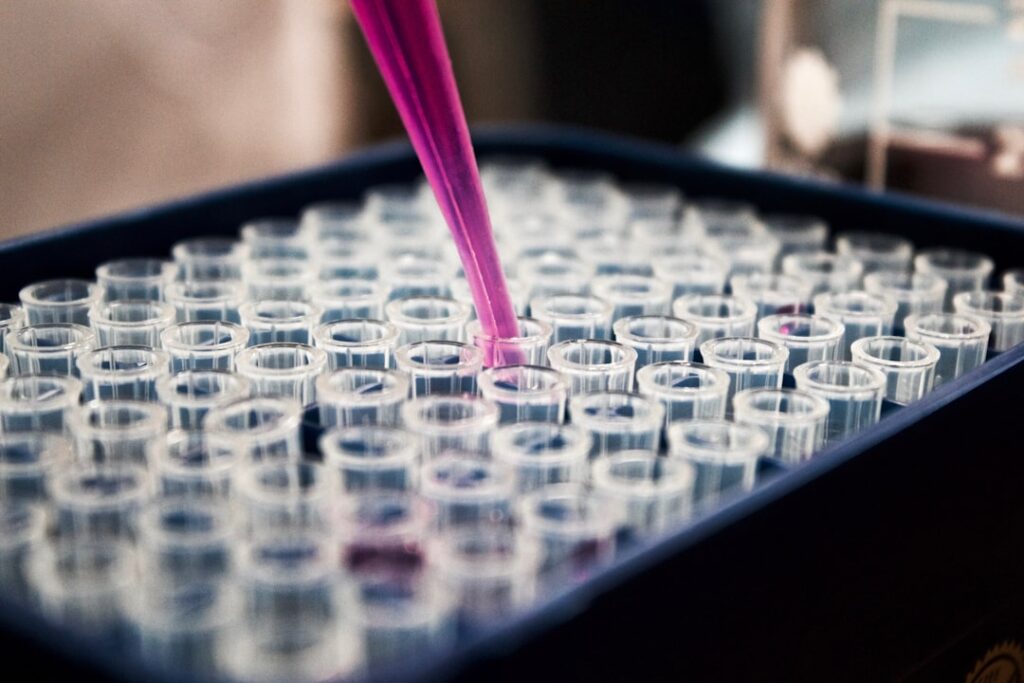Biomedical device testing plays a pivotal role in ensuring the safety, reliability and effectiveness of medical technologies used in patient care. With the increasing complexity of modern healthcare equipment, accurate and regular testing has become a cornerstone of clinical engineering practices. These tests not only help meet regulatory compliance but also minimise risk to patients and healthcare workers.
The testing process typically begins with performance verification, where devices are assessed against manufacturer specifications to ensure they function as intended. Electrical safety checks are also essential, particularly for equipment that comes into direct contact with patients. These procedures help detect faults or potential hazards that could lead to device failure or harm.
In addition to routine inspections, comprehensive service programmes often include calibration and preventive maintenance. These services are conducted by trained biomedical technicians who use specialised tools to evaluate critical parameters. As part of this ongoing effort, biomedical device testing ensures that medical equipment remains in optimal condition throughout its life span.
The scope of testing extends across a wide variety of devices, from infusion pumps and defibrillators to imaging systems and patient monitors. Each category requires a tailored approach to testing, based on its function and operational environment. For instance, devices used in surgical settings must adhere to more rigorous standards due to the higher risk involved.
Advancements in technology have also influenced testing protocols. Automated test systems and digital records have streamlined workflows and improved traceability. These innovations allow for more consistent assessments and quicker identification of issues that may necessitate repair or replacement.
The importance of comprehensive support services cannot be overstated. Facilities that partner with experienced biomedical service providers benefit from reduced equipment downtime and enhanced patient safety. For those seeking reliable solutions, exploring the range of services available through experienced providers can be a crucial step toward maintaining high standards of care.
As healthcare systems continue to evolve, the demand for precise and timely medical device testing will only increase. By investing in robust testing protocols and skilled personnel, healthcare providers can ensure that their equipment performs safely and efficiently, ultimately contributing to better patient outcomes.






